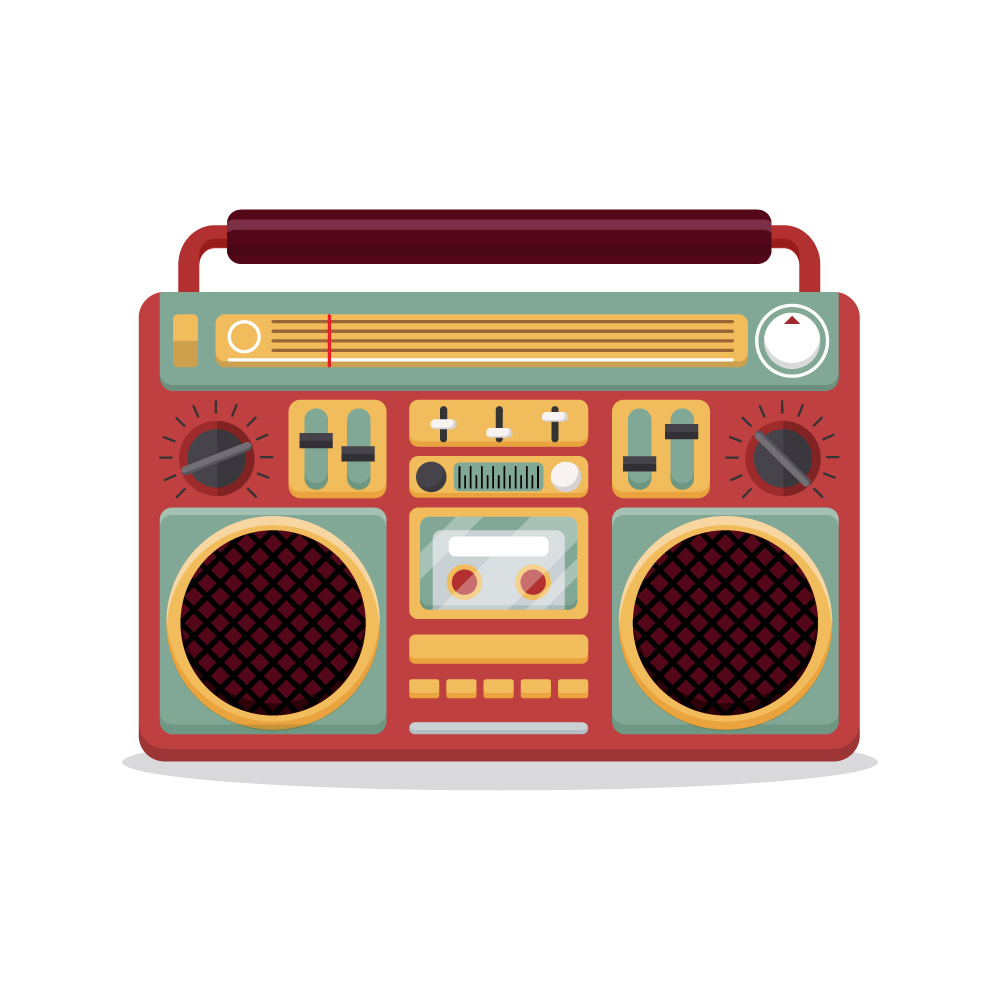
How Much Do Radio Stations Pay to Play Songs?
When you tune in to your favorite radio station, you might wonder how they decide which songs to play and how artists get compensated for their work. In the world of radio, the subject of payment for playing songs is a fascinating one.
So, how much do radio stations pay to play songs? The answer is not as simple as one might think, primarily because radio stations don’t pay individual artists directly. Instead, they pay licensing fees to Performance Rights Organizations (PROs) like ASCAP and BMI, which handle the distribution of royalties to songwriters, composers, and publishers.
The amount that radio stations pay varies based on multiple factors, such as the station’s market size, the number of songs played, and whether the station is commercial or non-commercial. On average, commercial radio stations in the United States pay an annual fee that ranges from a few thousand dollars to tens of thousands of dollars. The total licensing cost for a station typically depends on their revenue and the number of listeners, among other parameters.
In addition to the licensing fees paid to PROs, radio stations also generate revenue through advertising. The more popular a radio station is, the higher the potential advertising revenue. This revenue, in turn, helps cover the costs associated with playing songs, staffing, and running the station itself.
It is important to note that the payment structure for radio stations is different from streaming services like Spotify or Apple Music. Streaming platforms typically negotiate licensing deals directly with record labels and pay royalties on a per-stream basis. In contrast, radio stations do not pay artists directly but compensate songwriters and publishers through PROs.
Overall, the process of determining how much radio stations pay to play songs is a complex one with many variables involved. The licensing fees collected by PROs go towards ensuring that artists and creators receive fair compensation for their work when it is played on radio stations.
Conclusion
In conclusion, when pondering how much radio stations pay to play songs, it becomes evident that the answer lies in the licensing fees paid to Performance Rights Organizations (PROs) such as ASCAP and BMI. Radio stations pay these organizations, which in turn distribute royalties to songwriters, composers, and publishers. The actual amount a radio station pays depends on factors such as market size, revenue, and the number of songs played. By understanding this payment structure, one can appreciate the intricate mechanisms behind the scenes of radio broadcasting and the compensation artists receive for their creations.
Thus, the question of how much do radio stations pay to play songs highlights the symbiotic relationship between radio stations, artists, and PROs, ensuring that listeners can continue enjoying their favorite music while supporting the creators behind it.


